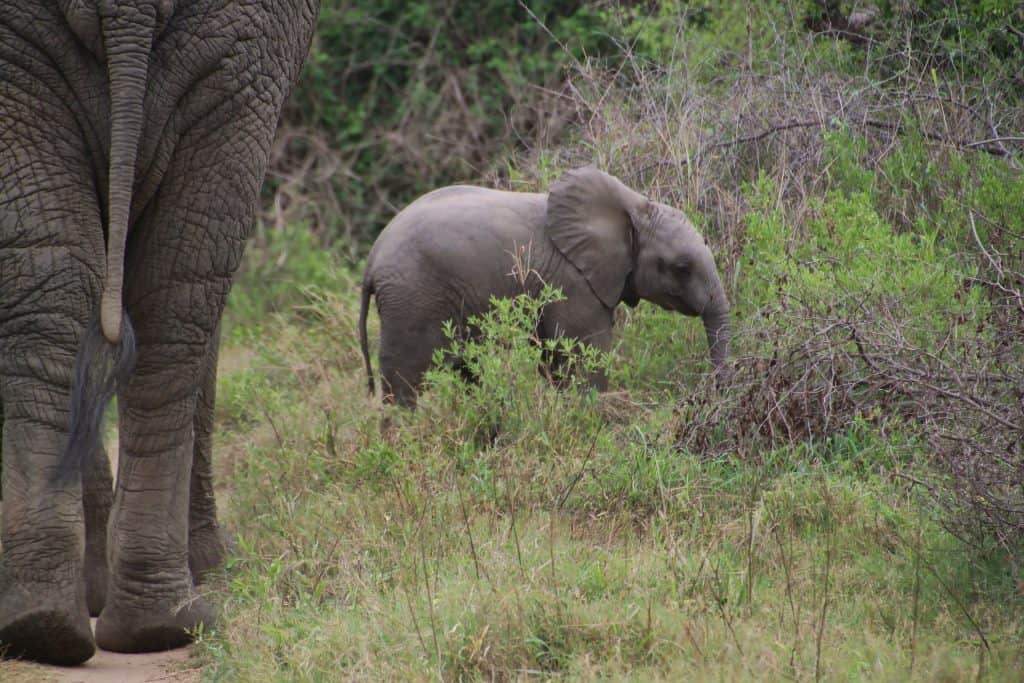
Table of Contents
Elephant dung may not be a topic that comes up in everyday conversation, but it is a substance that holds surprising value and importance. These gentle giants, known as the largest land mammals on the planet, produce a significant amount of dung each day. In this article, we will explore the various uses and ecological significance of elephant dung, highlighting its versatility and contributions to the environment.
What Does Elephant Dung Look Like?
Elephant dung comes in different forms depending on the species and diet of the elephant. For example, African elephant dung is often looser and resembles a cowpie, while Asian elephant dung is more well-formed and primarily consists of hay or grass. On average, an adult elephant can produce up to 220 pounds (100 kg) of dung in a single day. To put this into perspective, that’s roughly the weight of an average panda!
The Ecological Importance of Elephant Dung
Elephants play a crucial role in seed dispersal, which is vital for maintaining biodiversity in ecosystems. As they consume fruits and vegetation, elephants defecate seeds in different locations, allowing for the spread and germination of various plant species. This process helps plants colonize new areas, adapt to changing environments, and ensures their survival. While other animals, such as bovids and monkeys, can also contribute to seed dispersal, elephants are particularly effective due to their large size, long-distance movement, and digestive system.
Uses of Elephant Dung
Elephant dung is not just waste; it has a wide range of practical applications and benefits. Let’s explore some of the surprising uses of elephant dung:
1. Natural Fertilizer
One of the most well-known uses of elephant dung is as a natural fertilizer. Due to their herbivorous diet, elephant dung is rich in nutrients, including nitrogen, phosphorus, and potassium. When used as fertilizer, it helps enrich the soil, promote plant growth, and improve crop yields. Many farmers and gardeners utilize elephant dung as an organic alternative to chemical fertilizers, contributing to sustainable agriculture practices.
2. Mosquito Repellent
Believe it or not, elephant dung can also serve as a natural mosquito repellent. By burning dried-up chunks of dung, the smoke produced acts as a deterrent for mosquitos. This can be particularly useful in areas where mosquito-borne diseases are prevalent or when traditional insect repellents are not available. Surprisingly, the smoke from burning elephant dung is less pungent and more tolerable than commercial spray-on repellents.
3. Traditional Medicine
Elephant dung has been used in traditional medicine for its healing properties. Due to the wide variety of plants elephants consume, their dung contains traces of medicinal foliage. In some cultures, burning dried elephant dung and inhaling the smoke is believed to alleviate headaches, toothaches, and sinus congestion. It is also used to stop nosebleeds and has been known to have pain-relieving effects. While these traditional remedies may not have scientific backing, they showcase the cultural significance and beliefs surrounding elephant dung.
4. Eco-friendly Paper
Elephant dung can be transformed into eco-friendly paper. Elephants have a unique digestive system that only breaks down about 45% of what they consume. The undigested plant material, primarily consisting of fibrous cellulose, can be processed into pulp and used to create paper products. This “poo paper” may have a slightly different texture than traditional paper, but it offers a sustainable alternative that reduces the need for cutting down trees and contributes to forest conservation efforts.
5. Renewable Energy Source
As the world seeks alternative sources of energy, elephant dung has emerged as a potential renewable energy source. With the help of biogas digesters, the waste products of elephants can be used to generate biogas. Methane and carbon dioxide, produced during the breakdown of organic waste, can be collected and utilized for cooking, heating, and even electricity generation. This not only reduces dependence on fossil fuels but also helps in waste management and reduces methane emissions, a potent greenhouse gas.
6. Coffee Production
Elephant dung coffee, also known as Black Ivory Coffee, is a unique and expensive delicacy. In certain regions, coffee beans are fed to elephants, and after passing through their digestive system, they are collected from the dung. The fermentation process in the elephant’s stomach enhances the flavor profile of the coffee beans, resulting in a unique taste characterized by chocolatey and fruity notes. Although the concept may seem unconventional, it has gained popularity in luxury resorts and markets, appealing to adventurous coffee enthusiasts.
7. Natural Commodity and Habitat Creation
Elephant dung serves as a valuable resource and habitat for various organisms. Insects, such as dung beetles, make use of elephant dung as a food source, breeding ground, or even bury it as a means of survival. Other animals, including honey badgers, mongooses, and certain bird species, feed on the insects found in elephant dung. The dung also contributes to nutrient cycling and soil fertility, benefiting the overall ecosystem and supporting the biodiversity of the surrounding habitat.
Conclusion
Elephant dung is far more than just waste. It plays a vital role in seed dispersal, contributes to soil fertility, and offers numerous practical applications. From natural fertilizers and mosquito repellents to renewable energy sources and specialty coffees, the uses of elephant dung highlight its versatility and ecological importance. By understanding and appreciating the value of this seemingly unconventional resource, we can promote sustainability, conservation, and creative solutions for a better future.
Remember, the next time you encounter elephant dung, don’t dismiss it as mere waste. Instead, recognize its potential and the important role it plays in our natural world.




